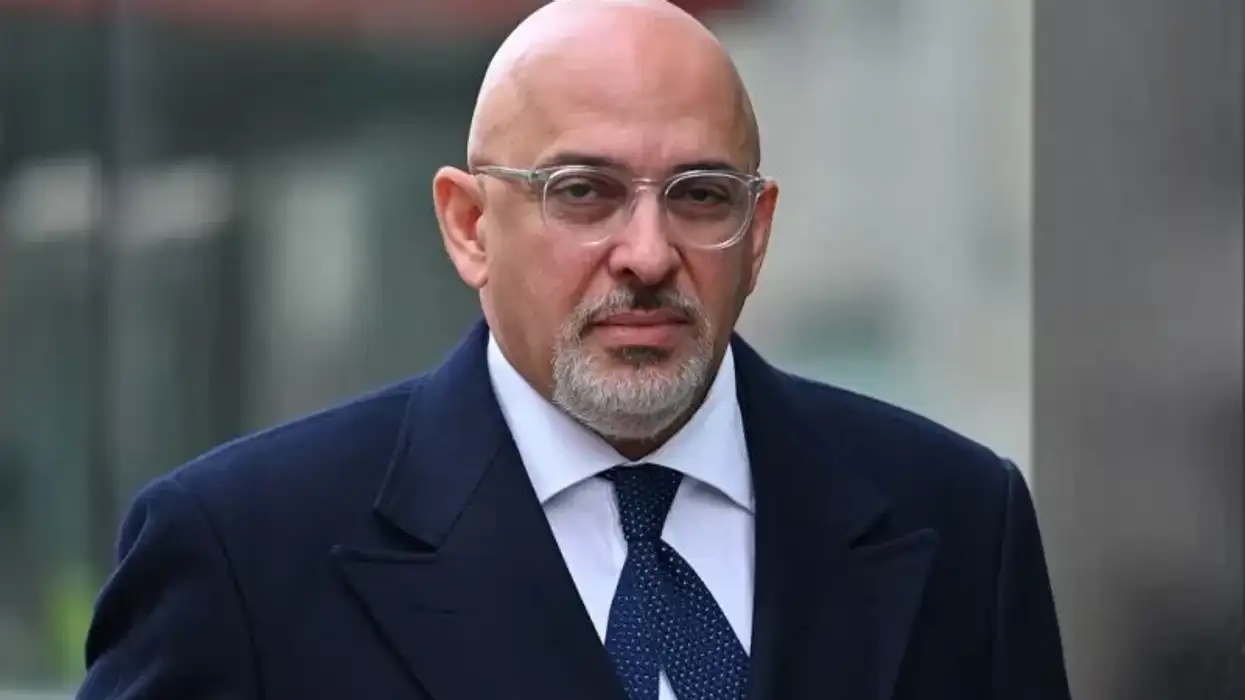By Nadhim Zahawi
Parliamentary Under-secretary of State
for Covid-19 Vaccine Deployment
LAST Saturday (24), I found myself in an unlikely location to see the work of vaccinators and volunteers delivering a jab a minute and bringing us closer to saving countless more lives.
The pop-up vaccination site in north-east London sits within the Gardens of Peace, a Muslim cemetery.
I met Mohamed Omer, the chair of the Redbridge Faith Forum, who was awarded an MBE last autumn for his services to the Muslim community during the pandemic. He has worked tirelessly to ensure the cemetery’s religious requirements for death and burial can be observed as safely as possible and within current Covid-19 restrictions.
Mohamed’s dedication and respect for his community are an inspiration, and his work serves to remind us of the role cemeteries play in Muslim life – not just in hosting funerals and burials, but also to contemplate our own mortality.
At the Gardens of Peace, I was struck by the number of trees that line the entrance to the cemetery and how tranquil the experience was. Mohamed explained each tree is mentioned in the Qur’an, serving a reminder to people why we value nature, that everyone is equal and receives the same burial.
We are now halfway through the holy month of Ramadan, a time of solidarity, empathy and quality family time for hundreds of thousands of Muslims in the UK.
The first day coincided with the second stage of our roadmap to cautiously ease restrictions across England, where friends and families are now able to meet in outdoor hospitality settings and take long-awaited trips to their local barbers.
Every year, my Kurdish Iraqi family and Muslim friends look forward to big family gatherings, long evening meals and helping those who are less fortunate in our communities. Although mosques have stayed open the past few months, it is those trips to see grandparents in Bolton or cousins in east London that we’ve all been sorely missing.
While we may not be able to carry out these activities in the same way, we must all hold tight and continue to follow the guidance to protect the progress we have made so far in reducing infections as we continue to roll out the vaccine.
In the same spirit as Ramadan, the pandemic has allowed us to count our blessings, practise self-discipline and look after the most vulnerable in society.
I have been honoured in my role as vaccine deployment minister to meet Muslim doctors and nurses, volunteers and community leaders who are all working towards a common goal of beating this deadly virus. They are the unsung heroes of this pandemic.
They are working hard to reassure patients, family and communities that both the Pfizer and AstraZeneca vaccines are safe and effective, are helping to save thousands of lives, and slowly return us to a more normal way of life.
The British Islamic Medical Association, as well as imams and Muslim medics, have confirmed that taking a vaccine doesn’t break the fast as it isn’t nutritional and doesn’t contain any animal products.
Dr Hussain, a practising Muslim who works at the Project Surgery in east London, also reminds us that the Qur’an says saving lives is the most important thing – to save one life is to save the whole of humanity.
It was also great to see Navin Kundra, Parle Patel and Nadia Ali come together in a video to encourage the south Asian community to take up the vaccine. A clear message importantly spelled out not only in English, but in Gujarati, Punjabi, Bengali, Tamil, Hindi, Sylheti and Urdu.
Mohamed has organised three two-hour pop-up clinics at the site, totalling 100 people per clinic, welcoming not just Muslims, but people of all backgrounds and faiths. There has been really positive feedback that vaccinators take the time to speak to patients and address their concerns.
More than 46 million vaccination doses have now been administered up and down the country, in thousands of vaccination sites including the Al Abbas Mosque in Birmingham and the Central Mosque of Brent in West London.
NHS England has published guidance on how to get vaccinated safely over Ramadan and more than 70 vaccination sites have extended their opening hours to allow Muslims to break their fast before attending a vaccine appointment.
This Ramadan, whether you’re meeting with family in person or over FaceTime, I urge you to share information on vaccines with your loved ones. If you are over the age of 50 or have an underlying health condition and have yet to get the jab, the offer is still open to you via the national booking system.
Ramadan Mubarak to you all.




